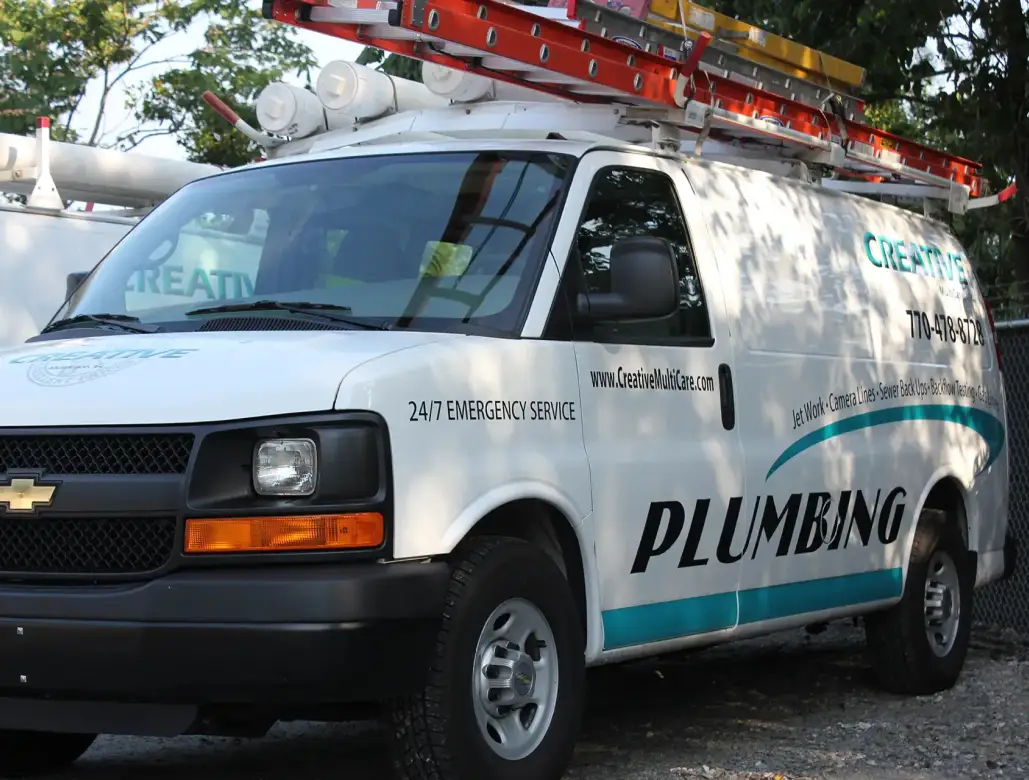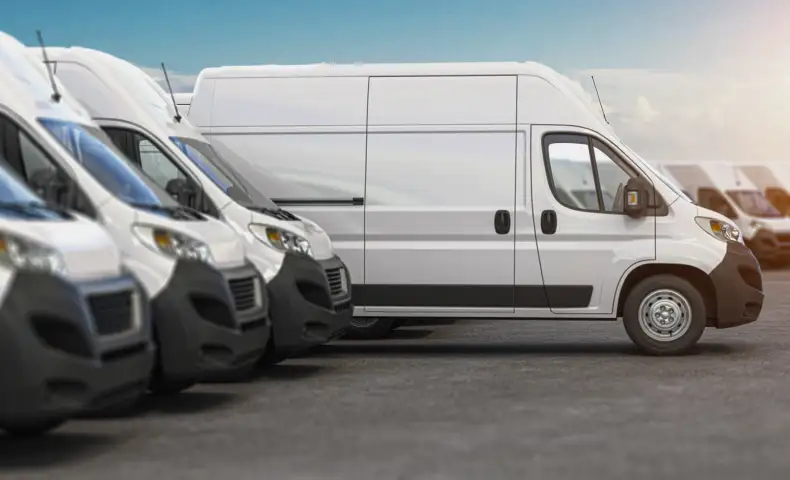When you drive through a toll, the fee charged is the first and most obvious expense. But the true cost is much larger and complicated, partly due to the fragmentation of toll authorities and the way tolls are assessed and billed.
- Transponder-based tolling systems generally require establishing and pre-funding an account. With the razor thin margins that most fleets operate within, tying up this capital is a concern. Furthermore, automatic replenishment means fleets may be hit with big renewal charges at unpredictable intervals, depending on how quickly account balances are consumed.
- Video license plate readers are becoming more common and more convenient, with no transponders or pre-funded accounts. Bills are mailed to the vehicle’s address of record, which may or may not be where payment is handled. Processes and terms can vary substantially by authority, making it challenging to stay on top of timely payments - particularly for fleets crossing different tolling authorities.
- If cash or credit cards are used, drivers need to track and submit those expenditures for reimbursement. This can mean a significant delay between when a toll is incurred and when the operator learns about it.
This variety makes it difficult to track expenses and manage payments in a timely manner. Consider a nationwide fleet of 1,000 vehicles. With over 57 separate toll road authorities in the US (IBTTA), the operator could be getting thousands of charges each month from different tolling authorities, arriving in different formats and with different payment processes and timeframes. Simply tracking expenses and making timely payments is a huge challenge. Forget gaining a clear picture of toll expenses by vehicle or driver, or upfront insight into toll costs for budgeting. It’s simply too difficult to put all the pieces together.
Violations
Going through a toll too quickly, using the wrong transponder (necessitating license plate lookup), or any kind of physical violation (such as number of axles, size or weight) can result in a violation and fees. If not paid promptly, costs start rising as additional fines are assessed. It’s a huge problem for operators: according to Verra Mobility, tolls account for nearly 60% of all violations faced by the average fleet, and unpaid violations can result in escalation from late fees to suspension.While fleet operators may hope to charge the responsible driver for the violation/fine, that’s no simple task. Billing information might include information on the date, time, location of the violation, and tag or license plate number. But pinpointing the driver requires backtracking to find out who was driving that vehicle in that location on that date/time, then chasing the reimbursement. Given the time and effort, some fleets simply absorb the cost. Unfortunately, with few consequences or incentive to change behavior, violations can persist.
Hidden costs
Managing different toll systems is a substantial operational burden. It takes staff to set up and manage toll accounts and payments, plus time to try to consolidate information from multiple tolling platforms. Even so, fleet operators rarely have a clear picture of the full financial impact, leaving them with a big unknown in one of their largest expenditures.
What can fleet operators do?
For fleet operators seeking to control costs and get better, faster information, there’s a new alternative. Rather than managing yesterday’s costs today, they can assure on-time payments and near real-time visibility into toll expenses using Car IQ. Through a partnership with Verra Mobility, toll payments are made immediately and charged against the fleet operator’s established credit line with Car IQ, ensuring on-time payment and eliminating late fees. Across 44 states and 6 Canadian provinces, and any type of tolling platform, operators receive a single aggregated statement that can be viewed on the Car IQ Pay platform alongside fuel and other spending. In addition to eliminating cumbersome reconciliation, integrating toll charges with vehicle telematics allows expenses to be attributed to specific vehicles. Toll charges can be readily assessed to customers or renters, and violations can be traced to specific drivers. This improved visibility lets fleet operators manage present expenses better and predict future costs more accurately.
Curious to learn more? Contact Car IQ to simplify tolling and fuel payments using connected vehicle services.
Car IQ is a financial technology company and not a bank. Credit Card Services are provided and issued by Lewis & Clark Bank, Member FDIC.













